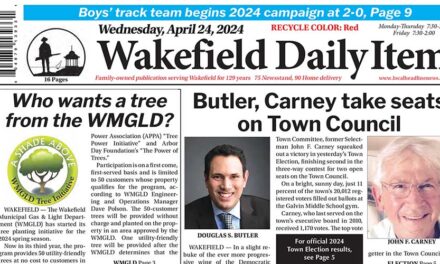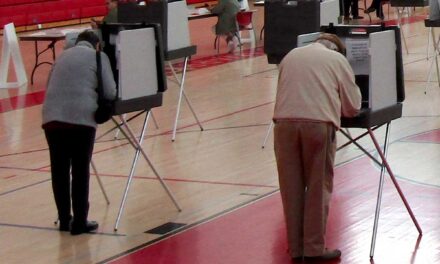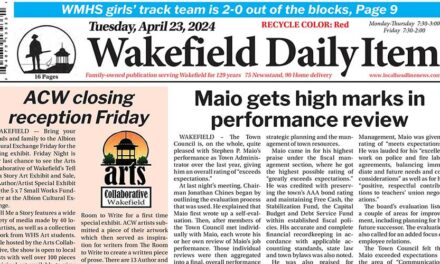Published in the August 30, 2018 edition.
By MARK SARDELLA
WAKEFIELD — If you park your car and take public transportation into Boston, your commute will be more expensive starting Sept. 1, whether you park in the MBTA spaces on North Avenue and take the commuter rail or drive to Oak Grove and take the Orange Line into the city.
The daily parking rates for the MBTA-owned spaces on North Avenue will increase by 50 percent, from $4 to $6, Monday through Friday. The Saturday and Sunday rates will be $2. The monthly rate will be $105.
If you drive to Oak Grove to take the Orange Line, it will also cost you more to park. The Monday-Friday daily rate at Oak Grove will jump 50 percent from $6 to $9. At Malden Center Station, the weekday rate will go from $6 to $7.50.
But not all MBTA lots will see increases. Rates at some lots will remain the same and rates will actually decrease at other lots. According to an MBTA memorandum sent to legislators and municipal officials, the reason for the rate changes is “to improve the customer experience by encouraging the use of parking facilities with more free space.” In other words, by increasing rates at overcrowded lots and decreasing rates at underused lots, the MBTA “hopes to create more room for everyone.”
The MBTA offers further rationale for these changes on its web site.
“The MBTA hasn’t changed parking rates in more than 10 years,” the web site states. “The current fee structure doesn’t account for variations in demand for parking across the system, which has led to overcrowding at many stations.
“Instituting a flat, system-wide increase still wouldn’t address these inefficiencies. Instead, we relied on feedback from customers and lot attendants, as well as data about current and historic parking conditions. The new pricing structure also considers the total cost of your commute, including the price of your Commuter Rail pass.
“After the new pricing goes into effect, we will continually evaluate its efficacy and address any gaps or inefficiencies periodically.”
But the parking fee changes aren’t just aimed at achieving more balance between overcrowded and under-used lots. Raising revenue appears to be part of the equation as well.
“We’re investing more in our parking garages and surface lots to address necessary maintenance and rehabilitation,” the MBTA web site explains. “Our investments include:
South Shore Garages: $64 million in a full-scale rehabilitation of Quincy Adams and Braintree garages resulting in better access, brighter lighting, and extending the useful life of the garages for decades to come.Surface Lot Reconstruction: More than $10 million to improve pavement, lighting, security, and customer access at MBTA surface parking lots.Better Maintenance: We’re investing more in things like painting, sweeping, and lighting to make our facilities better places to park.Real-Time Information: In our garages at Alewife, Beverly, Braintree, Quincy Adams, Route 128, Salem, Wonderland, and Woodland we’ll be providing real-time, accurate parking availability.”We’re also trying to make room for more people to park across the whole MBTA system,” the web site explains. “Other cities have found that when you change parking prices in a way that considers occupancy, it improves availability for everyone. We will carefully monitor this part of our program and make changes as we go forward.”
But if you’re thinking about slipping across the town line to Reading to escape the local parking price hike, think again. Reading’s MBTA-owned commuter rail parking spaces will be seeing the exact same weekday price hike as Wakefield, from $4 to $6.
The MBTA does not specify “before and after” changes in the monthly rates at its various parking facilities, stating only that the new across-the-board rate schedule includes “changes to monthly rates that reflect new weekday rates.”




